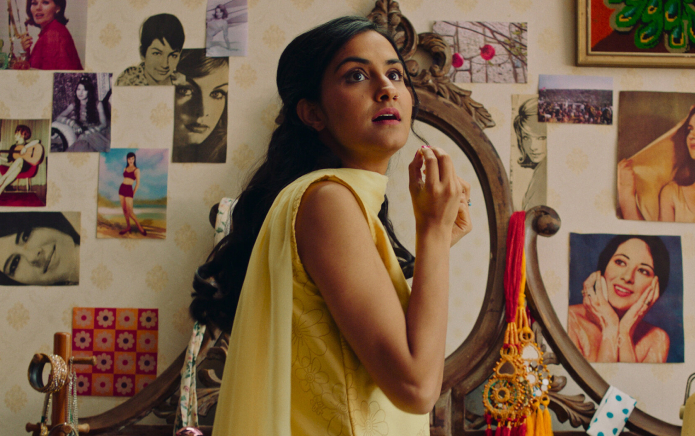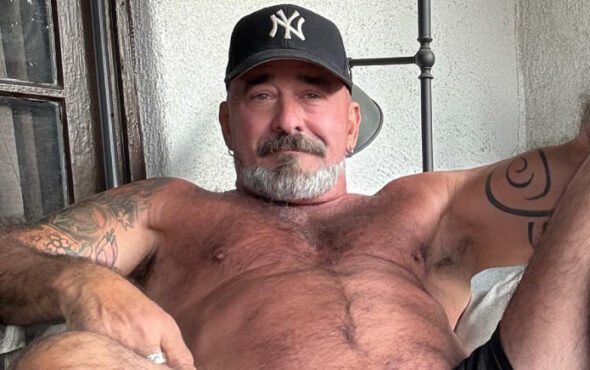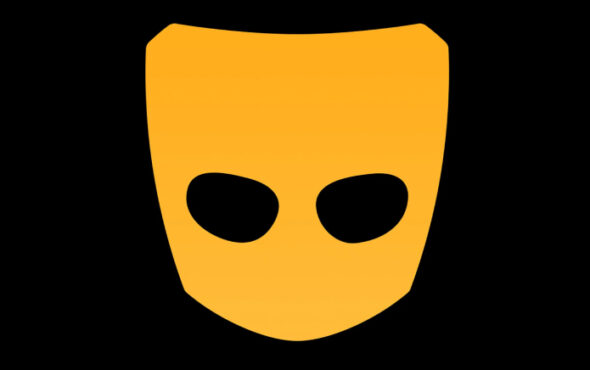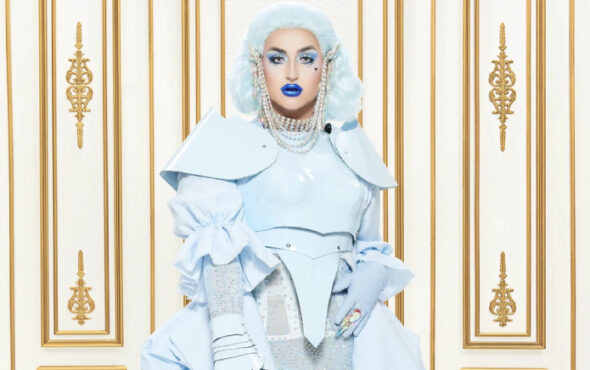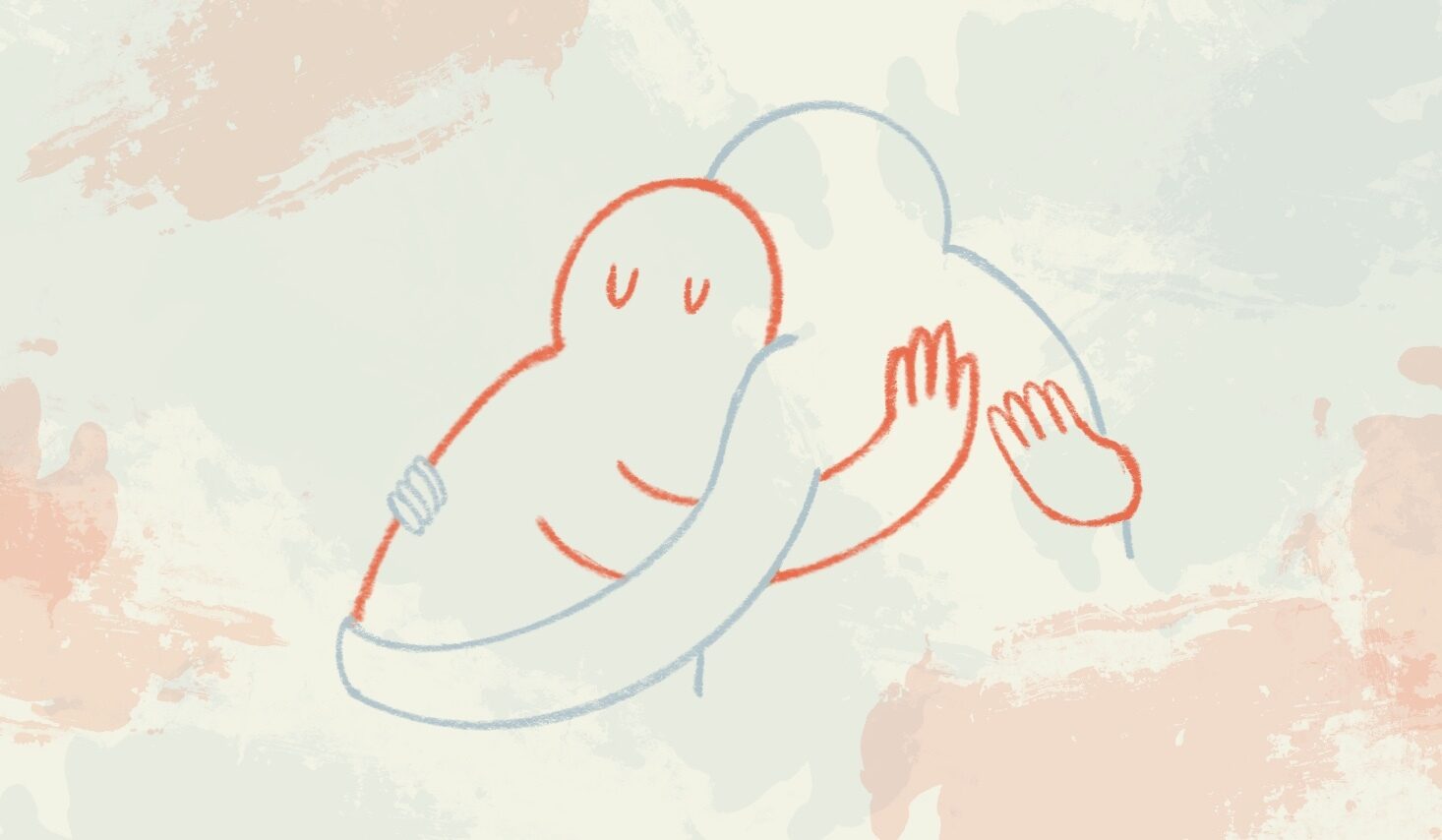
As a genderfluid person, I am not only fluctuating between a variety of genders, but also riding an unpredictable rollercoaster of gender dysphoria and gender euphoria. I never know what to expect, or how to prepare. What I call ‘dysphoria attacks’ can come at any time – so if I ever need to travel, I must pack quite a range of attire that can express any type of gender identity that might bubble up.
As I’ve come to accept my gender fluidity in all of its forms, I’ve also been happy to come out and explain how my identity works. Of course, questions are unavoidable, but I don’t mind. I find other people’s curiosity rather endearing, making me feel supported and cared for.
However, despite providing what I can, I do realise that there isn’t much awareness regarding those who share my genderfluid experience. This leads to social situations, both outside and within the LGBTQ+ community, which end up triggering pretty severe ‘dysphoria attacks’.
As my gender identity is constantly fluctuating, I can’t really take any permanent measures, such as transitioning, or taking on some sort of hormonal treatment. I am stuck in a physical state that only occasionally aligns with my internal state. So, the way I am perceived in public is quite often in contrast with how I perceive myself.
The impact this has on my mental health isn’t great. I don’t feel comfortable having to tell people how to refer to me as shifts happen. I find myself repressing my gender identity if the dysphoria is light enough, just to not be a burden. I primarily speak a gendered language (Italian) in my daily life and having to make the conscious effort to choose either male or female every time I speak of myself, is extremely taxing.
However, what has been perhaps the worst situation to deal with, is getting misgendered by fellow members of the LGBTQ+ community.
People who I have shared my story with, who I have explained my situation to, to who I have explained how to make me feel more comfortable, or who, I would hope, would avoid making assumptions due to the nature of our community as a whole. Getting misgendered by your own community is such an invalidating feeling.
The thought that pops into your head is: ‘If even they don’t get it, then I really must not exist.’
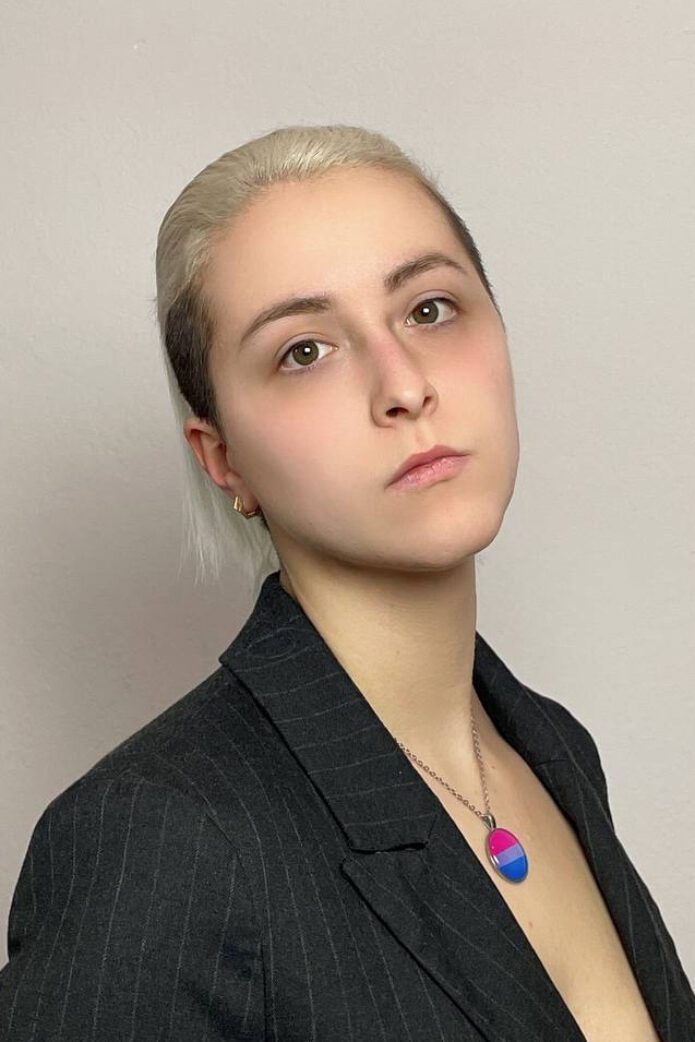
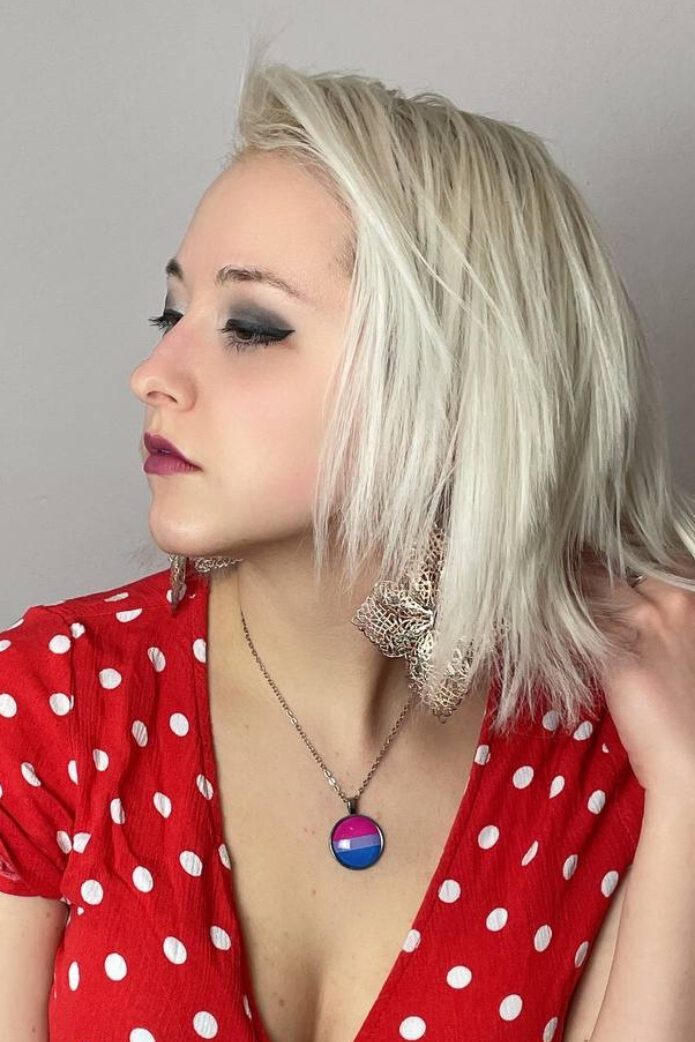
It makes me want to retreat, suddenly thinking myself to be an imposter, a needy wannabe minority within the minority – not to mention the severe dysphoria that’ll follow, causing thoughts such as: ‘Perhaps, I’m just not ‘queer’ enough? Maybe I should medically transition to some degree? That way they’ll see that I’m not this.’
But, then I remember that as long as I know who I am, what others perceive isn’t important. It doesn’t always lessen the blow but I remind myself that I know myself better than anyone else.
Luckily, it’s not all gloom and doom. I have some amazing people in my life who do their best to support me – both within and outside the LGBTQ+ community.
A dear friend of mine now uses a gender neutral nickname with me, and will ask how I’m doing before we get into any big conversations. What is special about her simple “How are you?” is the look that goes with it – it’s her subtle way of asking me, ‘What gender are you today? Are you dealing with dysphoria?’
And when I tell her that I am indeed dealing with dysphoria, she genuinely asks me what she can do to help. She goes through this every single time I see her. It means the world to me, as it takes away any guilt I might feel in ‘making a big deal’ of my needs to manage my unstable identity.
Another lovely person in my life has even made me pronoun bracelets, with beads of the genderfluid flag colours, while yet another amazing friend of mine has imposed upon himself to visualise me how I perceive myself to the best of his ability.
These could be considered small gestures, but they mean everything to me. They help me feel seen and comfortable in my own skin. What I hope every other genderfluid person out there realises, is that they are not alone. You are not the only person experiencing this, and you are not making any of it up. Your identity is very much as valid and authentic as all the other members of our varied community.
You are deserving of love and support, and to be yourself unapologetically. We exist, and we deserve to.
Lili is a volunteer with Just Like Us, the LGBTQ+ young people’s charity.
